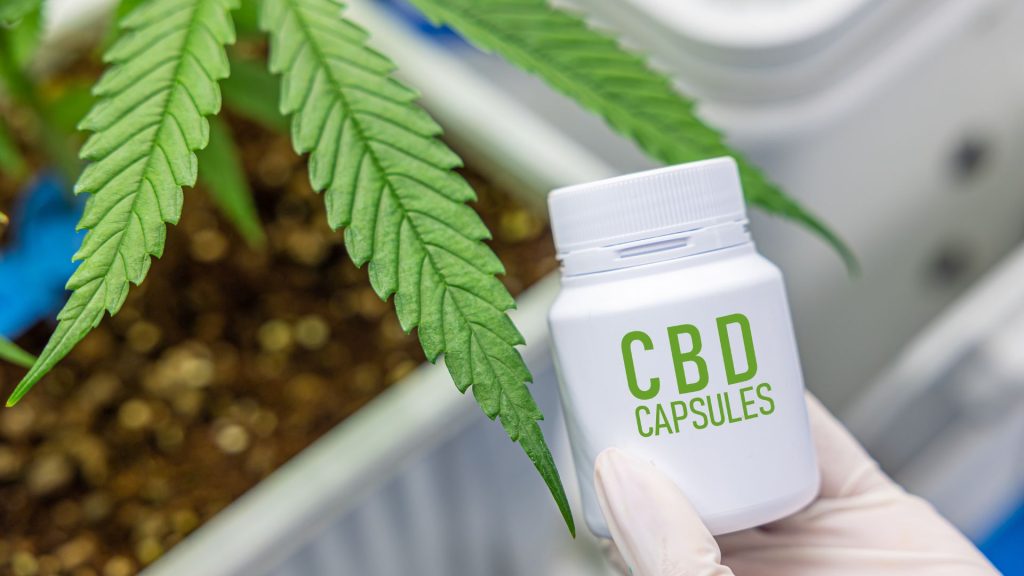
CBD (cannabidiol) is an ingredient found in cannabis plants that may help relieve pain and reduce inflammation. Since CBD does not cause psychoactivity, no high is produced; rather it interacts with receptors within your brain and body that control pain perception and inflammation levels.
CBD successfully reduced neuropathic pain in a mouse model of cisplatin-induced neuropathy and prevented mechanical allodynia; however, it did not prevent morphine tolerance development.
Relieves pain
CBD (cannabidiol) is a chemical compound found in marijuana and hemp plants, but does not produce the “high” associated with smoking cannabis, caused by tetrahydrocannabinol (THC). Instead, CBD appears to help alleviate pain associated with arthritis, fibromyalgia and other chronic musculoskeletal conditions.
CBD has been found to significantly alleviate pain in both preclinical and clinical studies. CBD appears to work by acting on multiple molecular targets involved in pain transmission such as NMDA receptors and CB1 receptors, among other places.
Studies have also shown that CBD can help ease neuropathic pain, which stems from damaged nerves. It’s often experienced by those living with diseases like multiple sclerosis or injuries such as herniated discs; one 2019 study demonstrated its effectiveness versus placebo treatment of this form of neuropathy. Researchers discovered that CBD reduced nociceptive pain – that painful sensation felt upon touching something hot or sharp – as well as allodynia – when your skin feels pressure even without pressure being applied directly – to significantly reduced allodynia sensations.
Reduces inflammation
CBD, one of the many natural compounds found in cannabis plants (marijuana and hemp), has recently attracted much more attention due to its psychoactive component tetrahydrocannabinol (THC), though research is showing great promise for CBD’s non-psychoactive anti-pain properties.
CBD has been shown to be effective in several animal models of neuropathic pain. Systemic CBD injections into an animal model of spared nerve injury neuropathic pain reduced mechanical allodynia; however, this effect could be blocked with CB1 and CB2 antagonists. Furthermore, CBD enhanced morphine-induced antinenociception in rats.
CBD comes in the form of topical creams and oils, capsules and tinctures. When purchasing these products it’s essential that they come from a reputable seller with third-party testing to guarantee the quality of what you purchase. Speaking to your physician beforehand is also advised; they will help determine an ideal dosage and delivery system suited specifically to your pain needs.
Reduces anxiety
CBD can assist in alleviating anxiety in various ways. For example, CBD can increase levels of serotonin and gamma-aminobutyric acid (GABA), both known to relieve anxiety symptoms. Furthermore, it interacts with the endocannabinoid system to modify neurotransmitter activity; and reduce inflammation – something associated with many forms of pain.
Clinical trials have demonstrated CBD’s effectiveness as an anxiolytic. One such trial used a public speaking test to gauge participants’ anxiety levels; results revealed that CBD significantly reduced both anxiety and discomfort levels for participants in this group of simulated public speaking tests.
One study comparing CBD to a placebo for treating social anxiety disorder discovered it significantly reduced anxiety and distress levels while simultaneously improving sleep quality, according to participants in this trial. Researchers noted that participants generally took lower doses than what had been used in prior clinical studies – suggesting its results may more closely reflect real world usage – though more research needs to be conducted in order to ascertain optimal dosage and long-term safety.
Increases sleep
CBD may interact with receptors in the brain to aid sleep regulation; more research needs to be conducted on this matter. It may also reduce anxiety that disrupts restful rest. Anecdotal evidence has demonstrated its success at helping those struggling with insomnia fall asleep faster and stay asleep through the night; similarly it may reduce symptoms associated with certain sleep disorders, such as PTSD and sleep apnea.
A study with 72 adults treated with CBD for anxiety or poor sleep found that overall, their anxiety and sleep were improved; furthermore, this improvement persisted throughout monthly follow up visits; participants continued receiving their usual care from psychiatrists as well as any necessary medications.
Utilizing CBD to treat sleep issues is generally safe, though it’s wise to consult a healthcare provider first. He or she can recommend an appropriate product and ensure it won’t interact with other medications; furthermore, there’s always the risk that these products could contain THC or cause other negative side effects.


